One of the Tanach’s most powerful and subtle descriptions of encounter with God comes at the heart of this week’s Haftarah. Elijah has fled persecution and is holed up in a cave. And then:
‘Come out,’ [God] called, ‘and stand on the mountain before the Lord.’
And behold, the Lord passed by. There was a great and mighty wind, splitting mountains and shattering rocks by the power of the Lord; but the Lord was not in the wind.
After the wind – an earthquake; but the Lord was not in the earthquake.
After the earthquake – fire; but the Lord was not in the fire.
And after the fire – a still, small voice.
The JPS edition translates “still small voice” as “a soft, murmuring sound.” But both phrases convey a similar sense of God’s voice; it comes not in a wild apotheosis like Ezekiel’s, but in quiet, small, almost unintelligible quanta.
Simply reading of Elijah’s experience, though, leaves the key question unanswered: how we can hear the same small and soft, murmuring voice? How can we prepare ourselves so that when the voice sounds, we can hear and understand it? Perhaps it was not so easy for Elijah, either: he could only be a prophet after years of internal work. And we currently lack a school of prophecy; what can we do instead?
While others may have different paths, I have found three practices to be particularly helpful (even if my practice is uneven and I am hardly a master of them.) They seem to open up my mind and heart.
The first I call “Ben Zoma Practice”
Ben Zoma said: “Who is wise? One who learns from everyone he meets.” (Avot 4:1).
My teacher Alan Morinis, (Mussar Institute founder and director), developed an arresting and brutally simple practice based upon these words: try actually to learn from everyone you meet. Each time you interact with someone during the course of a day, remember – or better yet, write down — what you learned from encountering that person.
Ben Zoma Practice is simple, but it is not easy. I found doing it every day to be exhausting because it required so much focus. But that just shows how important it is and why we need to make at least some small time for it. Perhaps reserve one day a week for it. That is still difficult.
Ben Zoma Practice forces me to listen not only to another person’s words, but their actions. This goes to seemingly mundane encounters: a clerk at a supermarket, for example, or perhaps getting children dressed for school or ready for bed. What did I learn from them, even if – especially if – I was in a hurry, or annoyed? What was the meaning of that encounter? Maybe the interaction teaches you something about yourself and what you aspire to. That is also listening for God.
Hashkatah
This literally means “quieting” — in this case, your mind. The master of this method was Kalonymous Shapira, who served as the rabbi in the Warsaw Ghetto. ( He was sometimes known as the Piaseczner Rebbe for Piaseczno, the town where he preached). [It is surely no accident that Shapira’s teaching arises both here and in last week’s Haftarah, for both Haftarot call for a personal and intimate relationship with God.].
The Piaseczner explains that listening to the still, small voice actually means opening yourself up to a constant flow of divine energy, and that requires stilling your mind and your ego – as hard as that is to do:
‘A dream is a one-60th part of a prophecy’ [Berakhot 57b]…the ego constitutes a barrier to the heavenly influx. Thus, if one’s thought and intellect are active, it is difficult for the heavenly flow to penetrate. However, when we are asleep, and the mind and thought processes are stilled, the flow from above comes to infuse us, since we are not relating to our usual preconceptions…This is the sense in which ‘a dream is a one-60th part of prophecy.’
One should look at one’s thoughts for a small amount of time—say a few minutes—and then begin to see how slowly the mind is emptying, and how the thoughts stop rushing in their usual manner. Then, one should begin to say a phrase, such as Ribbono Shel Olam [Master of the Universe], in order to connect the now-empty mind with one thought of holiness. Then, one can begin to request in prayer, what is needed, or in which way one needs to be made whole, or strengthened—as in faith, or in love.
This sounds a good bit like contemporary mindfulness meditation, although it is not precisely the same: the Piaseczner’s goal was to encourage contact with holiness, whereas much mindfulness practice sees it as achieving wisdom, or as a goal in its own right. But the practice is very close. Indeed, many similar meditation practices that we rarely associate with our tradition actually have deep Jewish roots: two places to start with a deeper examination are Aryeh Kaplan’s Jewish Meditation and the late Zalman Schachter-Shalomi’s Gate To The Heart: A Manual of Contemplative Jewish Practice).
The practice is difficult, yet simple. Observe your thoughts. Let them just flow out of your consciousness. If other thoughts come back, that is okay. Let them pass. Open yourself up to the still, small voice.
Active Listening
Hearing is not the same as listening. Hearing is automatic, a result of nerve activity. Listening is a choice as well as a demanding discipline. In recent years, conflict resolution specialists have developed a theory of “active listening” designed to build mutual understanding. But for our purposes, active listening can be a spiritual practice because of how it educates and trains the listener to concentrate. At its best, it can be a sort of mindfulness practice. I am a mediocre practitioner and don’t do it as much as I should, but I have found these aspects helpful:
Presence. I focus my attention on the speaker, making eye contact and noticing body language. I try not to be distracted by side conversations or other environmental factors, reacting to their points with my own body language. I seek to make it clear that I am paying attention and am interested. My goal is to be fully present to the other.
Non-judgmentalism. We naturally tend to prepare our own perspective on what someone is saying, even before they have finished. In an active listening mode, I just receive and try to understand without assessing.
Questioning. We show another that we are interested in them by asking questions: it reveals we are paying attention to them. It’s not always appropriate – often they need to just talk – but when it is, I try to ask open-ended questions to understand them better.
Mirroring. At times, I repeat the other person’s words in my own language, in order to make sure I know what they mean and communicate my concern. “So what I’m hearing from you is…” (Obviously, use common sense. If someone approaches you and asks for directions to a local restaurant, responding with, “so if I understand you correctly, you would like to know where this restaurant is?” might elicit a somewhat annoyed reaction.).
The aim is to work my listening muscle. It is not a specifically Jewish practice; contemporary Jewish culture has many wonderful qualities, but we are not known for being great listeners. The task for our generation is to make it a Jewish practice. My teacher Rabbi Brad Hirschfeld told me, “No one ever thinks that they have too much love or have been heard too much.” But let’s see if we can do it.
Let us see if we can remain so open and present to God, and to the image of God in everyone we meet, that the still, small voice becomes part of our everyday experience. If we get caught trying to reach God, there are worse epitaphs.
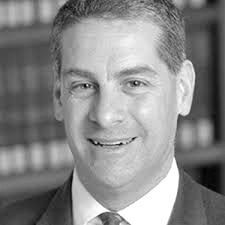









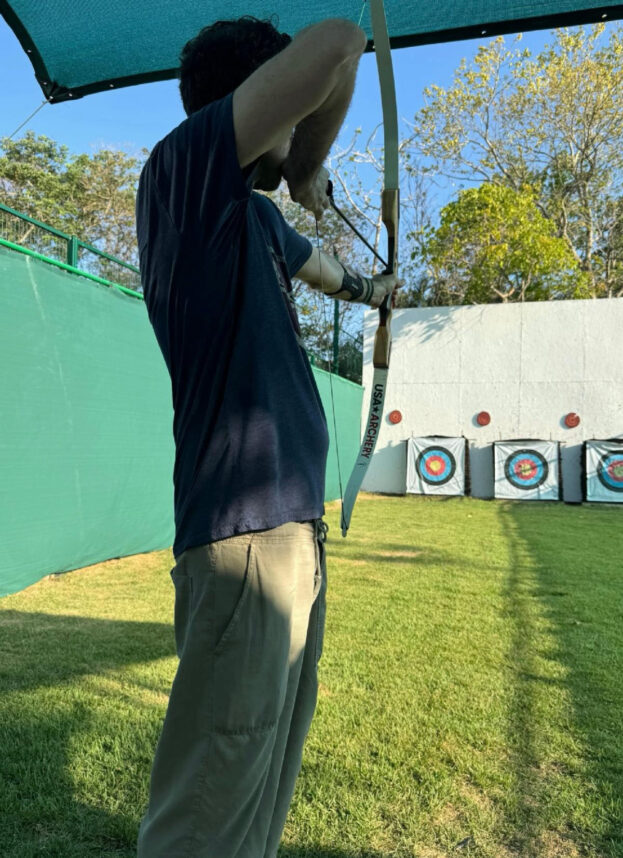

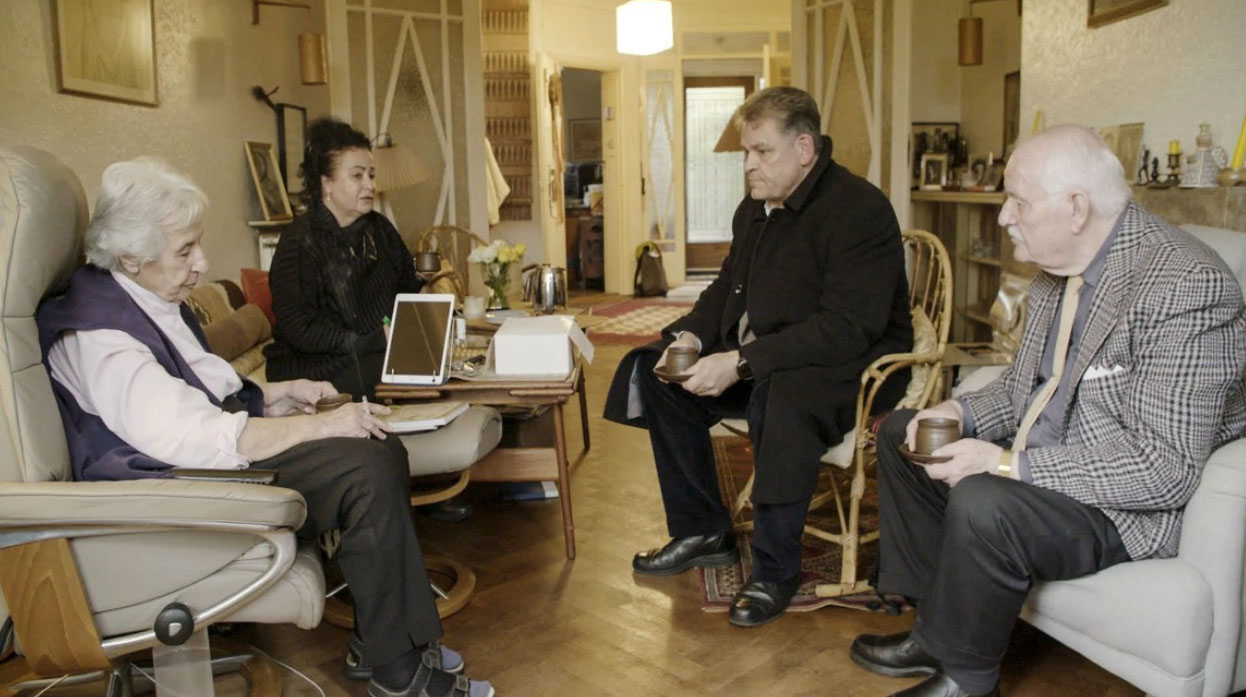

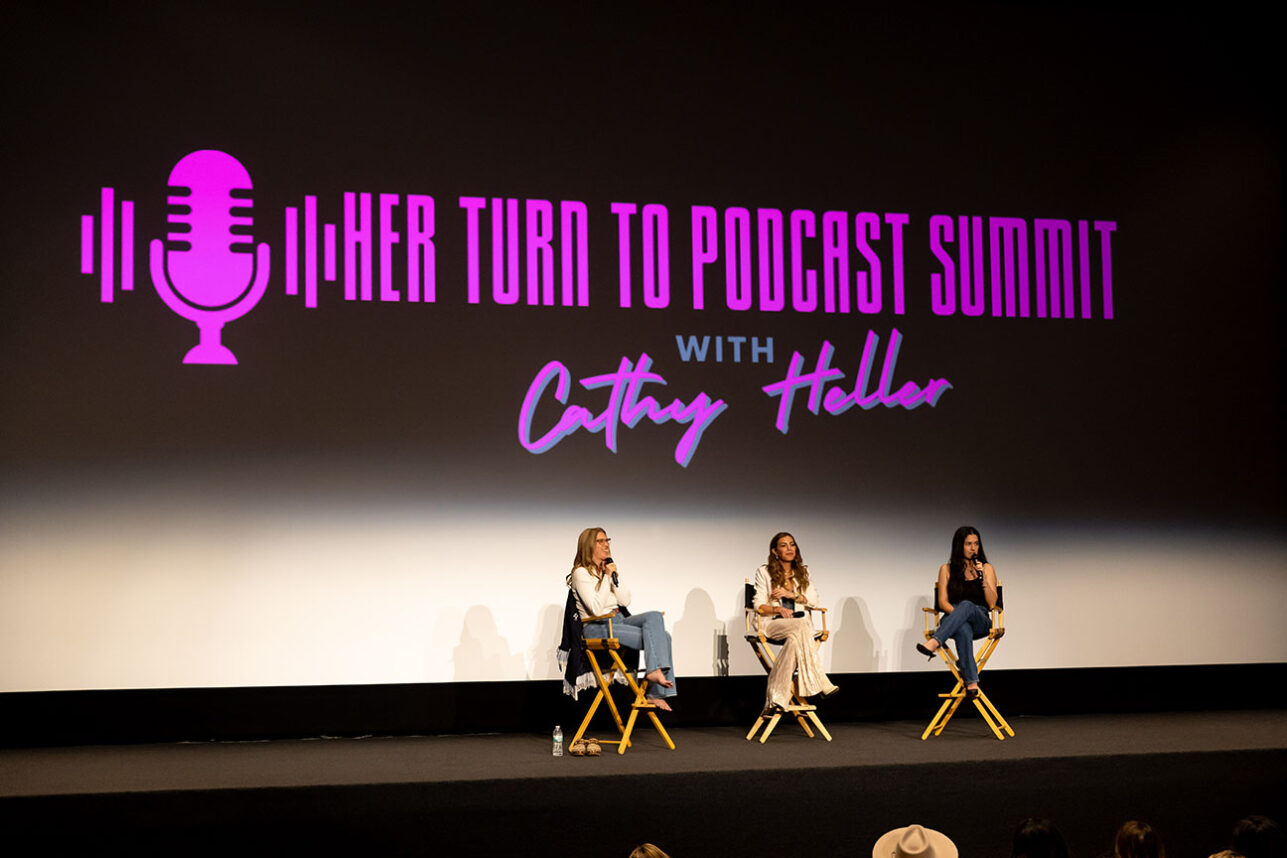
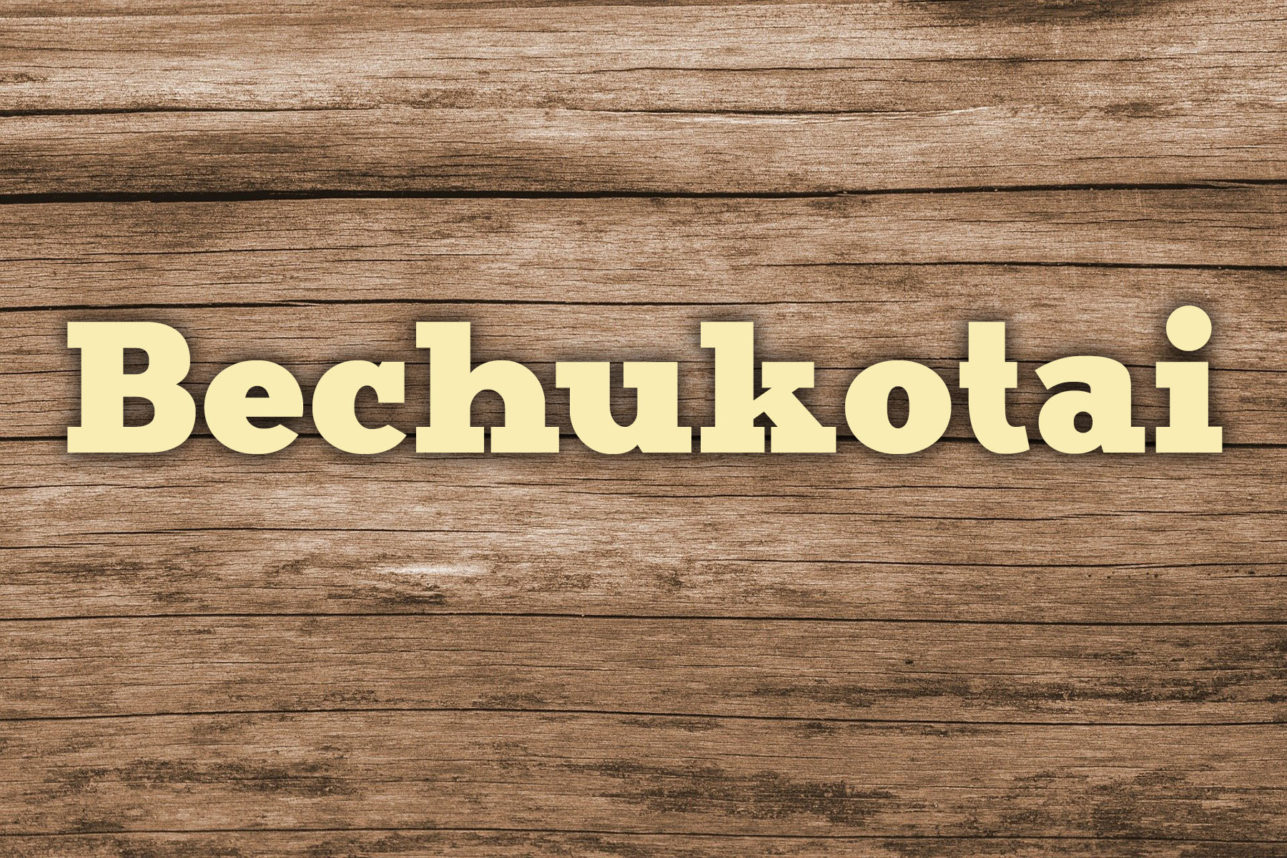







 More news and opinions than at a Shabbat dinner, right in your inbox.
More news and opinions than at a Shabbat dinner, right in your inbox.